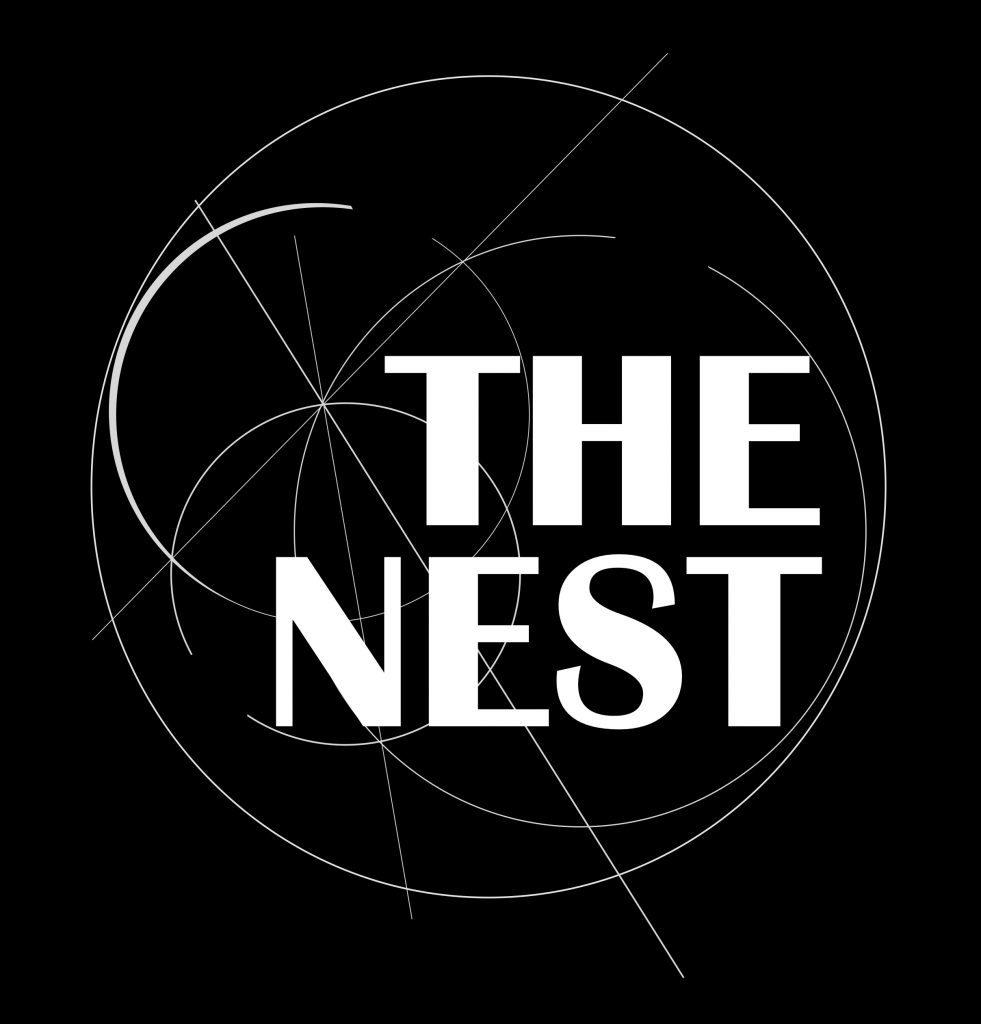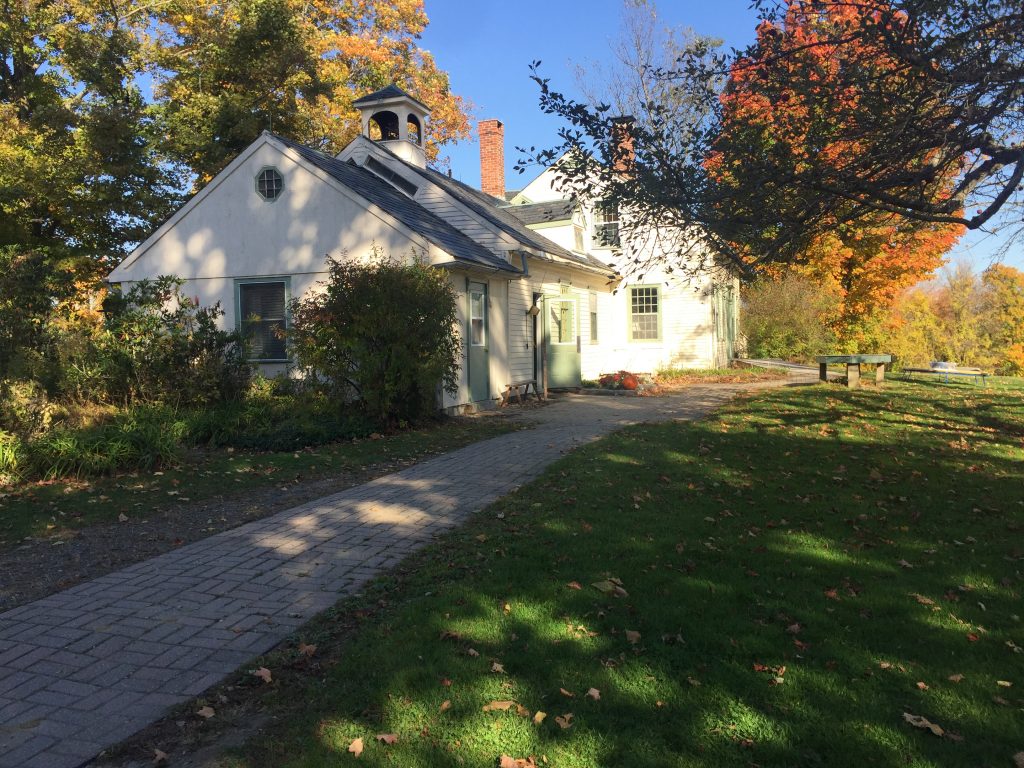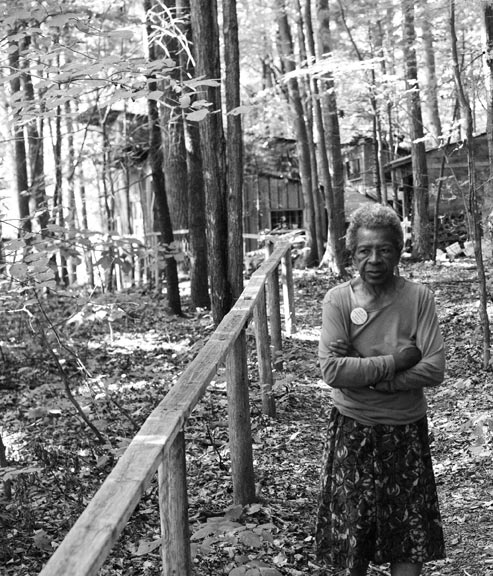RETREAT SCHEDULED FOR APRIL 24-26TH HAS BEEN POSTPONED
Due to the unfolding current global health crisis, our first convening of The Nest has been postponed indefinitely. Funds raised for the gathering have been distributed amongst the participating artists and cultural workers to offset the financial impact of the crisis on local, national, and international arts ecosystems. We are hopeful that we will be able to raise new funds and reschedule this event. If we are not able, we remain committed to forging meaningful connections that will catalyze the culture making most needed for this moment. In lieu of in-person convening, the group has begun to engage with one another through monthly virtual gatherings.
WHAT:
The Nest is a 3-day retreat for movement artists and cultural workers of color from Southern New England and New York, gathered in the bucolic landscape of the Connecticut River Valley of Massachusetts to share processes related to performance making, land, body, experimentation, and commoning as survival strategies.

Building on a framework devised by The Nest organizers, Deborah Goffe and Jonathan González, all participants will be encouraged to reciprocally engage roles as facilitators, collaborators, and evaluators of our time together. Particularly for artists living and working in the New England states, the convening will provide an opportunity to remedy isolation, to share strategies, and to resist narratives of lack by locating abundance in the body, in relationship, in a sense of place, and in continued return to creative process. The goal will be for artists of color from across the region to nurture systems of mutual support within and across borders, and amongst artists at varying stages in their artistic trajectories.
WHO:
The Nest is organized by Deborah Goffe in collaboration with planning partner, Jonathan González. Together we look forward to convening a cohort of 8-12 movement-based artists and cultural workers from Southern New England and New York.
Seeds for this gathering were planted in 2017 when Jared Williams (co-director of Boston’s Lion’s Jaw Festival) invited Deborah to imagine an intensive weekend of workshops that would center black dance artists and their work. Subsequent conversations with Williams, as well as with Jonathan, Angie Pittman, and Nia Love, clarified Jonathan and my commitment to cultivate a space for artists of color to be together, and to do so apart from the commodifying pressures of festival workshops, product focus, or presumptions about New York-based artists’ elevated status.
The following 13 nesters planned to gather in April 2020. For the time being, the group has begun to engage through monthly virtual gatherings in lieu of in-person convening …
Jasmin Agosto (Hartford/La Sala Femme), Colleen Fitzgerald (CT/NYC), Deborah Goffe (CT/MA), Jonathan Gonzalez (NYC), Indira Goodwine (Boston/New England Foundation for the Arts), Lauren Horn (Hartford/NYC/Subira vs. Movement) , Jamila Jackson (Western MA/Embodied Leadership Project), Lilly E. Manycolors (Boston/Woven Womxn), Jenny Oliver (Boston/Modern Connections Collective), Marsha Parilla (Boston/Danza Organica), Ali Rosa-Salas (NYC/Abrons Arts Center), Kei Soares Cobb (Bridgeport/Providence), Arien Wilkerson (Hartford/New Haven/Philly/Tnmot Aztro)
The Nest is supported by a Leadership Fellowship awarded to Deborah through Wesleyan University’s Institute for Curatorial Practice in Performance in partnership with the Ford Foundation.
WHEN:
The Nest will gather on April 24-26, 2020. (POSTPONED)
Participants are invited to arrive at Woolman Hill on the evening of Friday, April 24. We will depart on the afternoon of Sunday, April 26.
HOW:
The Nest is imagined as a time to relax, move, read, eat, and share experiences together.
The weekend will be organized around a mix of structured sessions, more loosely gathered activities, and free time. All activities will emphasize lateral exchange of creative processes, ideas and strategies for survival in order to forge connections across the holistic demands of our respective arts ecologies. As the first in what may emerge as a space to which some of will choose to return, we commit to balancing coherent structure with an openness that resists daily pressure to produce. Our only goal is make space for being together, and alone a little too.
A schedule of events will be composed through correspondence with intended participants, and a short list of texts will be shared in advance of the April gathering. Each participant will also be allocated a total of $300 to reimburse the cost of transportation to and from Woolman Hill, and a small stipend.
WHERE:

The Nest will take place at Woolman Hill Quaker Retreat Center in Deerfield, MA.
“Situated on 110 acres of beautiful meadows and woods in the Connecticut River Valley of Western Massachusetts,” we will share accommodations and meals in the center’s 150-year old farm house. Over the course of the weekend, we anticipate spending time outdoors and in the newly renovated historic Meeting House as well.

Woolman Hill’s history is likely to inform this first iteration of The Nest. One noteworthy aspect is Wally and Juanita Nelson’s relationship to the site. In 1974, Woolman Hill became home to the Nelsons—Civil Rights activists, war tax resisters, and organic farmers—who lived simply on the land until Wally’s passing in 2002, and Juanita’s move a few years before her passing in 2015. The Nelson’s home was recently restored in tribute to their legacy, and we imagine their enduring energies are among those from which we will learn in April.
Woolman Hill | 107 Keets Road | Deerfield, MA 01342
WHY:
The following is drawn from “Orienting Ourselves to See: Mapping Nested Dance Ecosystems as Curatorial Practice in New England,” an MA thesis by Deborah Goffe for Wesleyan University’s Institute for Curatorial Practice in Performance.
Over the last few years, increased attention has been given to systems of support, or lack thereof, for New England dance artists. New England artists have long been aware of the uneven arts infrastructure in the region, but the 2016 New England Foundation for the Arts study, Moving Dance Forward, raised the visibility of these concerns to the institutional level. The study found that only 2.9% of National Dance Project (NDP) core artist grants were awarded to New England dance artists between 1996-2016. While patterns in NDP funding correlates with patterns in concert dance touring in the nation as a whole, the Moving Dance Forward study did more than illuminate touring trends; it also revealed what is visible and valued in the field, and how those values shape choices about where and how resources have been invested. I have rooted much of my recent research in these concerns, with particular focus on the ways all parts of local dance ecosystems—artists, presenters, funders, arts service organizations, and audiences—orient ourselves to perceive and relate to one another.
Through my own constantly shifting orientation to local, regional, national arts ecologies, I have observed the ways dance artists everywhere—particularly those operating outside perceived cultural centers—navigate, circumvent, and intervene in local arts ecologies for our own purposes, and at whatever scale they deem appropriate for their ambitions. In response to raced, gendered, sexed, classed, geographically- and institutionally-biased systems of marginalization, artists are often obliged to bend component parts of arts ecosystems to our individual and collective wills. In so doing, we define the means by which our work manifests in the world. The result is a layering of ecological configurations atop, through, and against institutionally prescribed networks and frameworks.
As such, dance artists are extraordinarily resourceful strategists in the ways we cultivate and sustain artistic practice outside conventionally perceived cultural centers. What might it mean to acknowledge the value of those alternative strategies, and affirm the cultural abundance of our practices, our relationships and networks, our places, and each other? What might it mean to cultivate relationships with like-minded artists across geographic borders in a movement toward solidarity, rather than as standards against which we measure and compare ourselves. Perhaps in doing so, we will begin a process to see each other with greater clarity and generosity, reframe our relationships to all parts of the ecosystems through which we move, and leverage those networks with dynamism and care.




